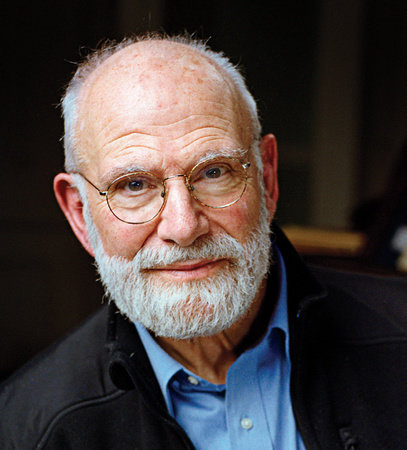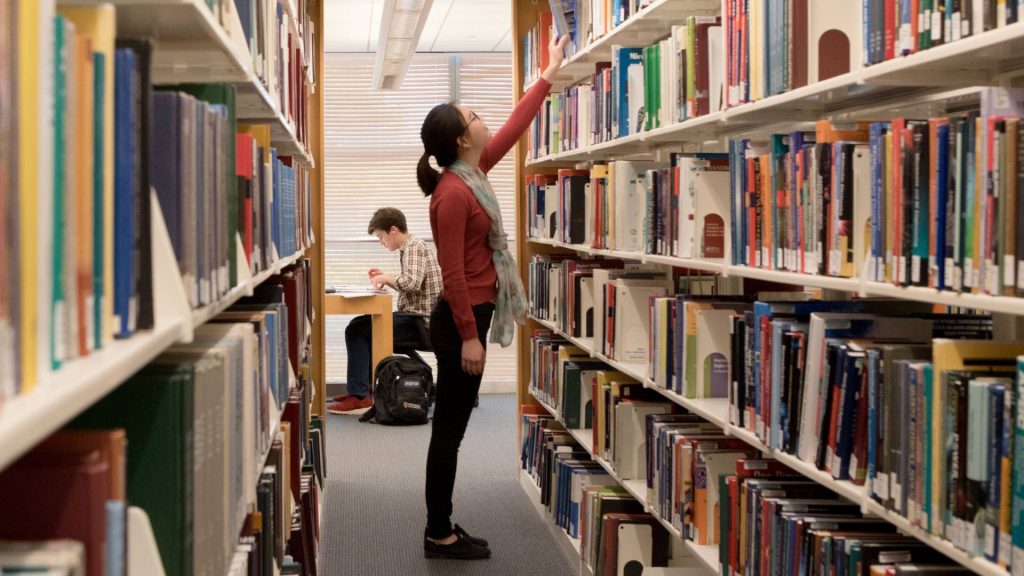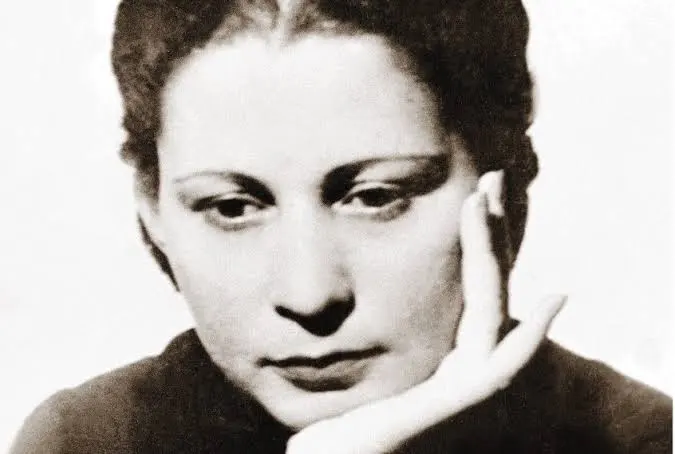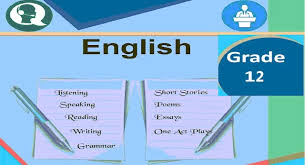Oliver Sacks

Main focus/ thesis statement is: distinction between physical library in existence and e-library.
It is a personal narrative essay. In this essay, the author Oliver Sacks deals with the various differences between the trend of people going to library rooms to study books of various principles before and after 1990. He is also pointing out the difference between the library in existence and e-library.
From his childhood, Sacks used to spend his time in a small oak-panel library made by his father in his house. He was fond of reading. This showed even his parents were fascinated by books. There were several books including jungle book which he enjoyed a lot. He developed his reading habit from his own home library. He sometimes forgot the lunch or dinner time. He was late for the meal because he was completely absorbed in his studies. The oak-panel library and the books he read in his home library are his first memories.
The author is sharing his experience of different libraries. He visited Radcliffe Science library, Walker Library, British Museum library etc and spent many happy and significant hours in reading books sitting in a library. The Queen’s college library was his most favourite library. He enjoyed the library of Albert Einstein College of Medicine in which he also had a job and he could read books in its library, sitting at the wide tables around the shelves and stacks.
According to him, he enjoyed being a passive reader in school while he was an active reader in libraries. He wanted to become a good learner not a pupil. For him, a classroom is not a sufficient space of learning he was independent to roam inside the library to search the book of his choice. So that he chose a library. He could find thousands of books there in. He could enjoy special environment and the quiet companionship of other readers.
When he grew, he stopped reading various books and started to focus on his subjects Astronomy and Chemistry.
He remembers, the narrow and small apartment which he had in New York city, in 1965. It was very difficult for him to read and write but living there he began to write. He wrote the books on mind. To him He liked Theodore Hook. Theodore Hook was a musician of 19th century. He was admired for his genius in theatrical and musical improvisation. He has composed more than 500 operas but he was able to be a popular author of his time too. He enjoyed reading his several books. He knew that a person of any sector can be a good writer.
In the later years, when he visited the library, many books were digitalized. The shelves were sparsely occupied. This made the author surprise a lot. When he enjoyed searching and reading books in the library, at the same time other readers ignored bookshelves because of their access of the materials on the computers. Soon, some libraries gave priority to the e-books and discarded old books. The writer didn’t like this. According to him it was a very bad thing. It was like as murder or crime.
The essayist says, autonomous learning is very important and good to achieve success. In his childhood, the writer found his natural curiosity unstimulated by the industrial model of education into which he was pushed. At the library, he was the master of his own time and mind. He discovered the living substance of learning without the ill-fitting structure of schooling.
Oliver Sacks was born in 1993 in London and educated in Queen’s college, Oxford. He was a neurologist and later became an author too. The New Work Times referred to him as ‘the poet of laureate of medicine’ and received many awards. ‘ON Libraries” has been written in praise of intellectual freedom. He was a great neurologist, author and a voracious reader because he was a good reader who read a large number of books on various subjects, sitting in different libraries.
He was agree with Walter Savage Landor’s quotation ‘ Nothing is pleasanter than exploring a library’. Oliver Sacks was a book worm who spent much of his time in different libraries in different places. To him, library is the only place that has enormous source of information on various topics. Libraries are very helpful and economical to the readers.
This content helps you to understand the entire text and enables to find the answers of the given textual questions.




